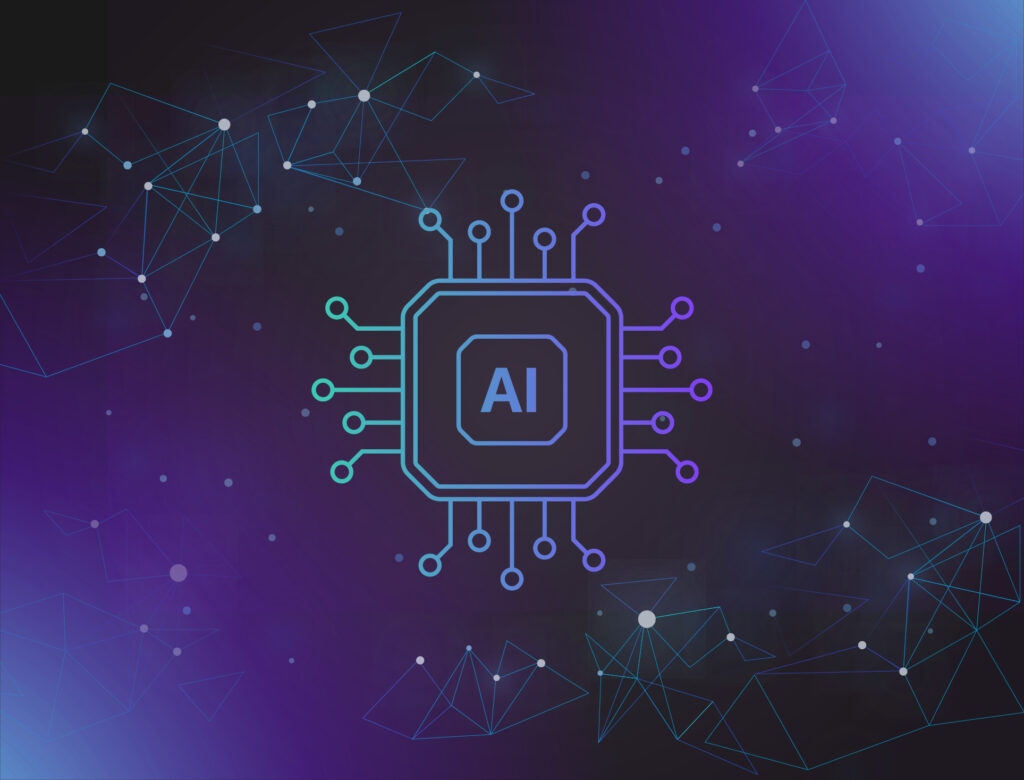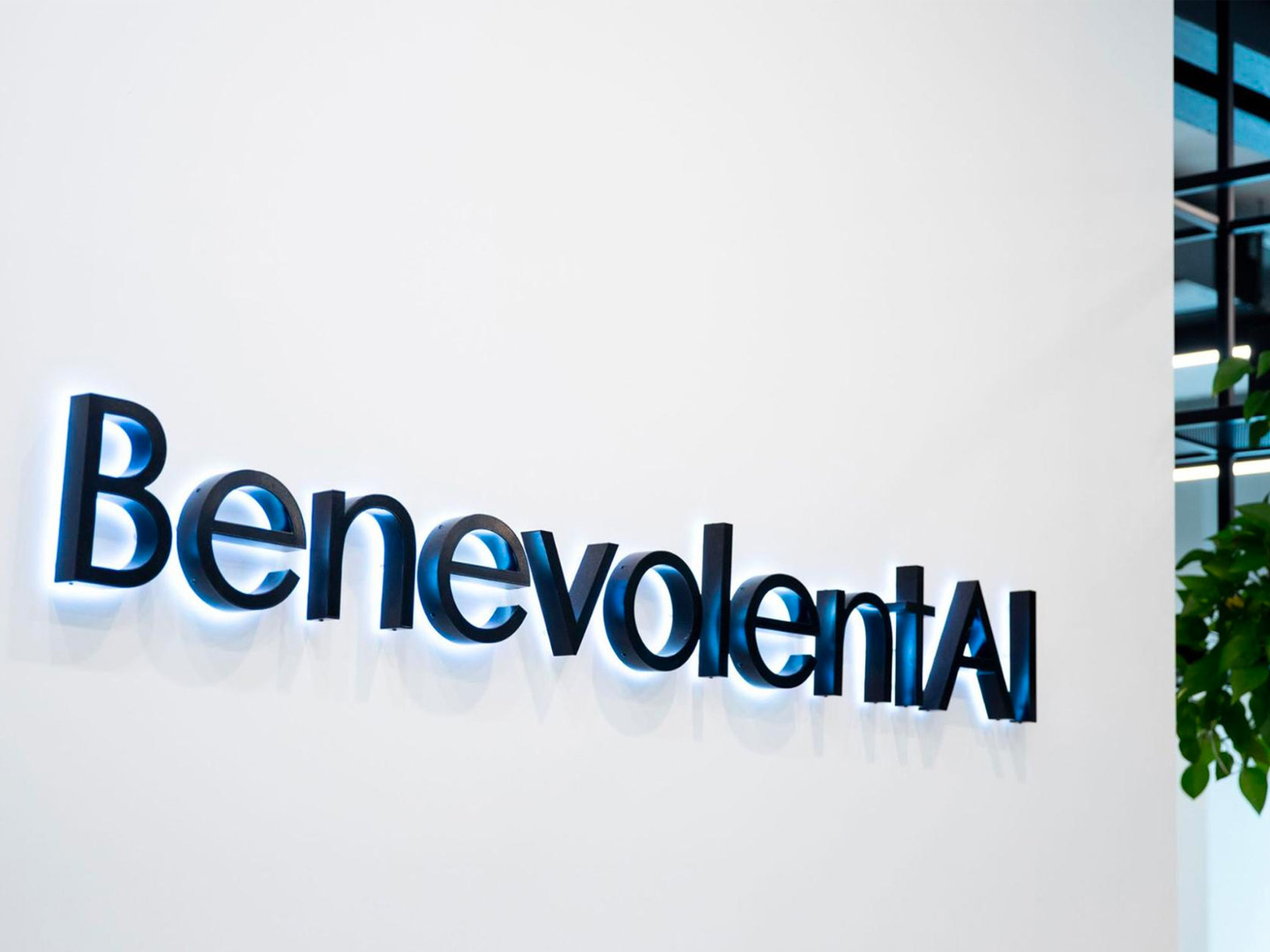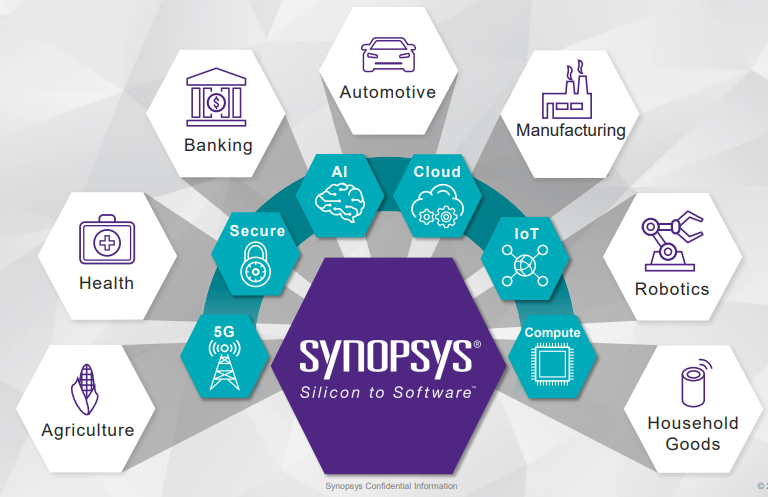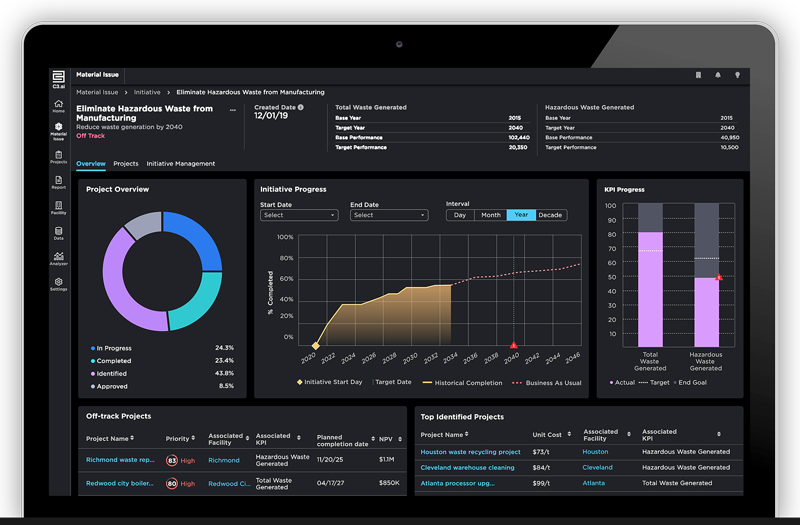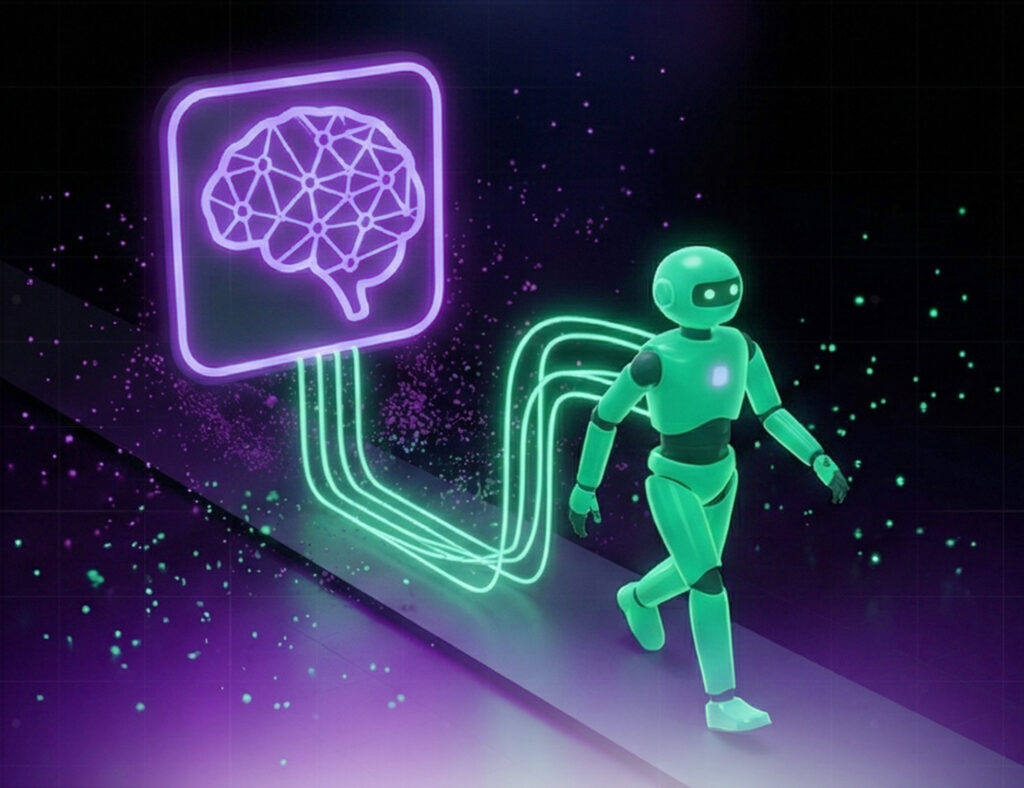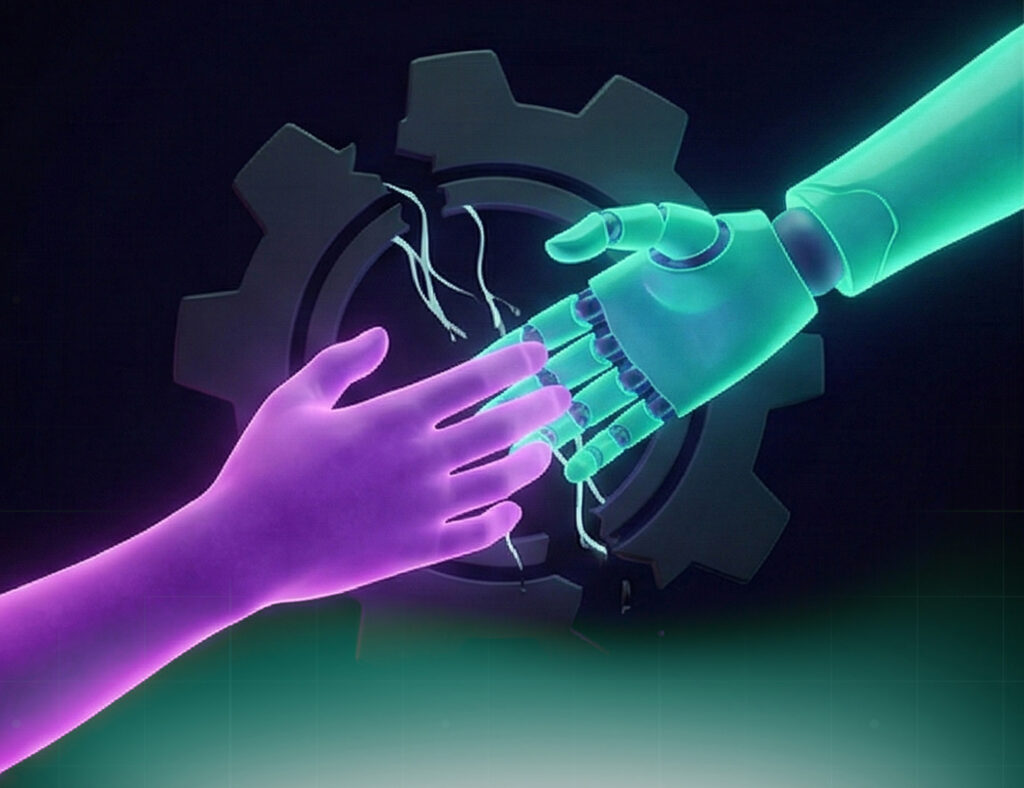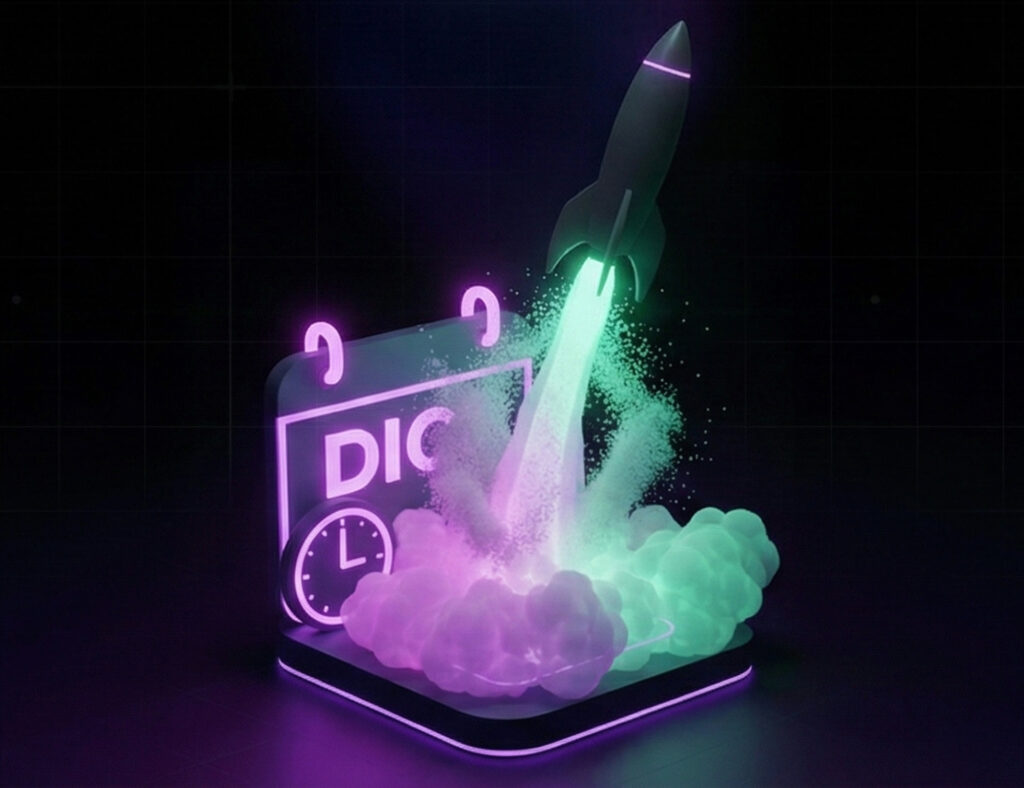Research and Development (R&D) is experiencing a transformative shift. Artificial Intelligence (AI) is no longer a futuristic concept; it’s a powerful toolkit empowering researchers to accelerate discovery, optimize processes, and achieve breakthroughs in various fields. Here’s a glimpse into how AI tools are shaping the future of research and development:
1. Drug Discovery and Development – BenevolentAI
Benevolent AI leverages machine learning to analyze vast quantities of scientific data, identifying promising drug candidates and accelerating the drug discovery process. Its capabilities can significantly reduce the time and cost of bringing new drugs to market.
2. Semiconductor Design – Synopsys DSO.ai
The chip design process is becoming increasingly complex. Synopsys‘ AI-powered solutions automate design verification tasks, ensuring chip functionality and speeding up the development cycle. This allows for faster innovation in the ever-evolving world of semiconductors.
3. Predictive Maintenance and Industrial Optimization – C3.ai
Predicting equipment failures and optimizing industrial processes are crucial for maximizing efficiency and productivity. C3.ai provides a suite of AI tools that allow R&D teams to build and deploy AI applications specifically tailored to these needs. This proactive approach can prevent costly downtime and optimize resource utilization.
The Future of AI in Research and Development
As AI technology continues to evolve, we can expect even more sophisticated tools to emerge, further augmenting human researchers’ capabilities. The future of R&D lies in a collaborative approach where AI handles the heavy lifting of data analysis and repetitive tasks, while human ingenuity focuses on creative problem-solving, strategic decision-making, and interpretation of results. This powerful partnership between humans and AI will undoubtedly lead to groundbreaking discoveries and innovations in the years to come.
Moreover, as AI becomes increasingly integrated into research workflows, we may see a shift in the skill sets required for researchers. Professionals will need to adapt by developing a strong understanding of AI tools and their applications, fostering interdisciplinary collaboration between data scientists and domain experts. This evolution will not only enhance the efficiency and accuracy of research but also democratize access to advanced technologies, empowering a broader range of innovators to contribute to scientific advancements. Ultimately, the synergy between AI and human expertise will pave the way for a new era of research that is more agile, insightful, and impactful than ever before.
